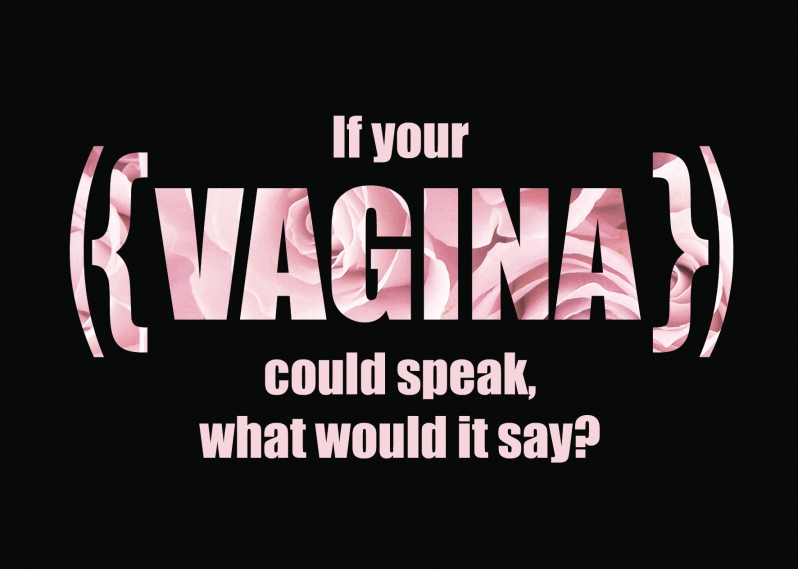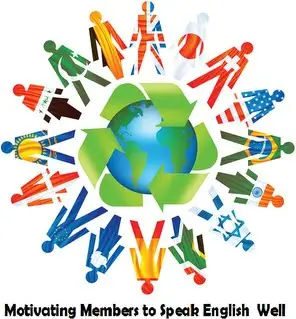First things first, a friend and I went, however we also decided to bring our boyfriends, somewhat against their will, because we wanted them to meet. Let me tell you, they sure bonded over how awkward they felt, and the good news is they're now buddies!
So aside from our boyfriends feeling completely out of place together, it was a really awesome production. In the Vagina Monologues, stories from different women are brought together, about sexuality, about gender, about what it means to really be a woman. These stories are put into a monologue format and read out loud, individually on stage one at a time. A lot of the actresses were really good at being able to read their monologue in a way that was convincing and got the message across, while some fell short. The majority however did a really nice job.
One of my favorite monologues was about the Angry Vagina and all of the basic daily struggles that a woman in todays society have to go through that men would just think were completely unbearable. From tampons and periods to sexual assault, this monologue covered everything, and it was really funny. The girl who preformed it was really good at timing everything right in order to get the best reaction she could out of the audience.
One of the reading I can connect this too would be August. A lot of this production was about sexuality and being comfortable with who you are sexually. By educating us about the different sexualities in this play, we were creating a more educated and therefore more accepting crowd. Safe spaces were created, and after all of the prewritten monologues were over, many of the actresses got up and were able to do their own monologue about their own personal experiences.
This entire production challenged SCWAAMP, realizing that maleness was valued in society and pushing to make a difference. The women in this play were not bashing men at all, in fact they just wanted to be considered as equal. One thing I actually really enjoyed about this production was that not all of the stories of sexual assault were a man to a woman, one of them was actually a woman to a woman. They were not clumping all men into the stereotype that they are the only ones who can commit sexual crimes. The women in this play realized that women can as well and it was very well represented.
If there was one thing that this production screamed, it was Johnson. The entire play was about how no one ever talks about vaginas, we pretend as if they aren't even there and go about our lives uneducated and okay with it. All of the monologues were them saying the words, trying to make a difference.












